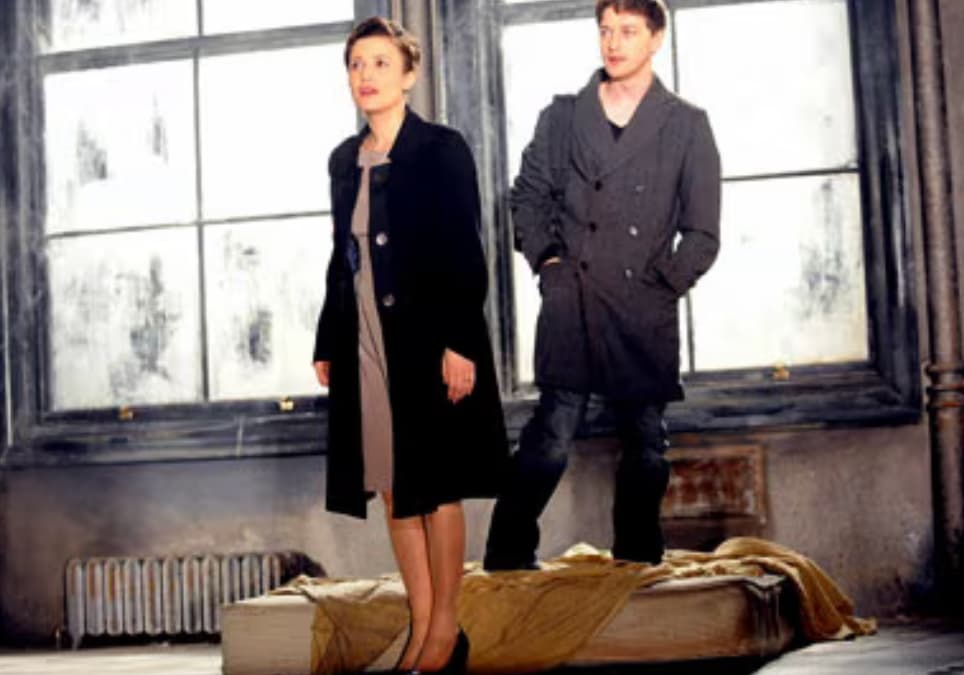Three Days of Rain: Unraveling Family Secrets
In the gripping narrative of “Walker’s Return and the Quest for Understanding,” readers are drawn into a captivating tale that bridges past and present, uncovering the intricate layers of family dynamics, secrets, and the quest for identity. A year after his inexplicable disappearance coinciding with his father’s funeral, Walker Janeway’s return to New York marks the beginning of a profound journey into the depths of his family’s history. Set against the backdrop of a once-thriving home turned silent witness to the passage of time, the story unfolds through Walker’s introspective search for answers within the dusty confines of his father’s legacy. As Walker navigates through the remnants of the past and the revelations of the present, the narrative seamlessly weaves a complex tapestry of relationships, memories, and the enduring impact of the unseen bonds that define us. Through its richly drawn characters and evocative exploration of human connections, the story invites readers on a transformative journey that resonates with the universal themes of love, loss, and the indelible imprint of family.
Walker’s Return and the Quest for Understanding
A year following his unexplained absence on the day of his father’s funeral, Walker Janeway finds his way back to New York. He decides to stay in the once vibrant space that, thirty-five years prior, had been the creative and living quarters of his father Ned and Ned’s partner Theo. Both were architects who designed a masterpiece home that catapulted them to fame. Plagued by insomnia and a tumult of emotions, Walker searches the desolate space for any clue that might shed light on his family’s complex and troubled history. His discovery of his father’s journal, concealed under the bed, offers no insights, mirroring the silence and mystery his father always maintained.
The Will Reading and Revelations
In a dramatic turn of events, “The plot thickens when Walker is reunited with his sister, Nan, and their childhood friend, Pip, who is Theo’s son, for the reading of Ned’s will. This pivotal gathering serves as the catalyst for Walker to instigate a much-needed confrontation, laying bare painful and occasionally humorous truths. After the emotional turmoil of this intense evening, Walker mysteriously vanishes once more, leaving those left behind to ponder his motives and the night’s revelations. In an unexpected twist, Walker reappears, armed with what he believes to be the key to unraveling the family’s lingering mysteries and bringing to light secrets long buried. His return sets off a series of events that challenge the family’s understanding of their history, forcing them to confront their complicated past and consider the possibility of reconciliation and healing. This revelation prompts a reevaluation of their relationships, as they navigate the complex web of emotions and revelations brought about by Walker’s discovery.
Journey to the Past: Unveiling the Family’s Legacy
The narrative then transports the audience back to the year 1960, the period when Ned’s journal entries began. It’s here we encounter the younger versions of the parents: Ned, who is far from the distant figure his children imagined; Theo, full of charm and deemed a genius; and Lena, the enchanting yet troubled mother of Walker and Nan, a “Southern woman who admits to thirty.” This segment of the story, essentially a love story, provides all the pieces necessary to reinterpret the family’s narrative, revealing a poignant and unexpectedly romantic underpinning.
Reflections on Family and Perception
“Three Days of Rain” intricately explores themes of perception, the complexity of family relationships, and the legacy of the past. Through the innovative narrative structure of having actors play both the children and their parents, the play delves deep into how misunderstandings and communication gaps within families can span generations, yet also hints at the possibility of reconciliation and understanding.
